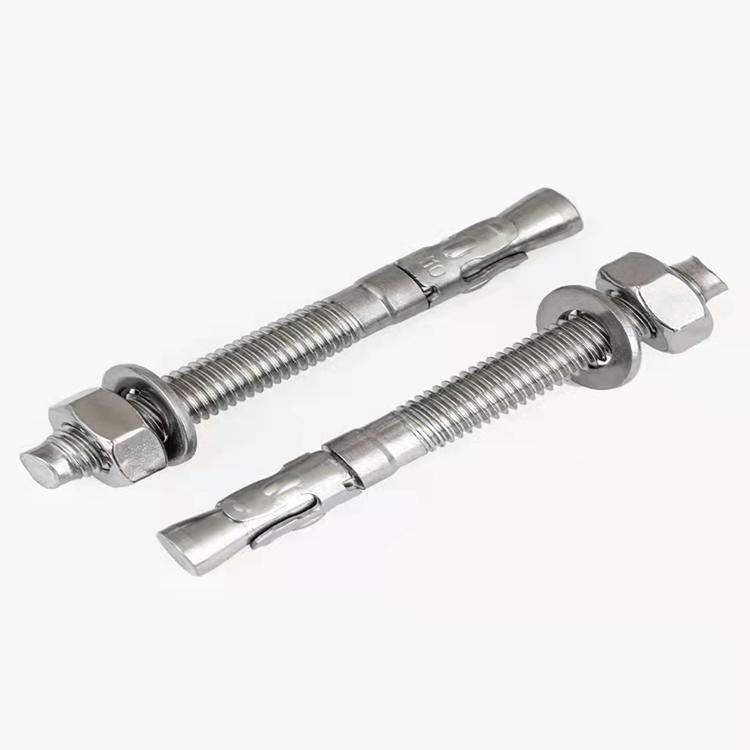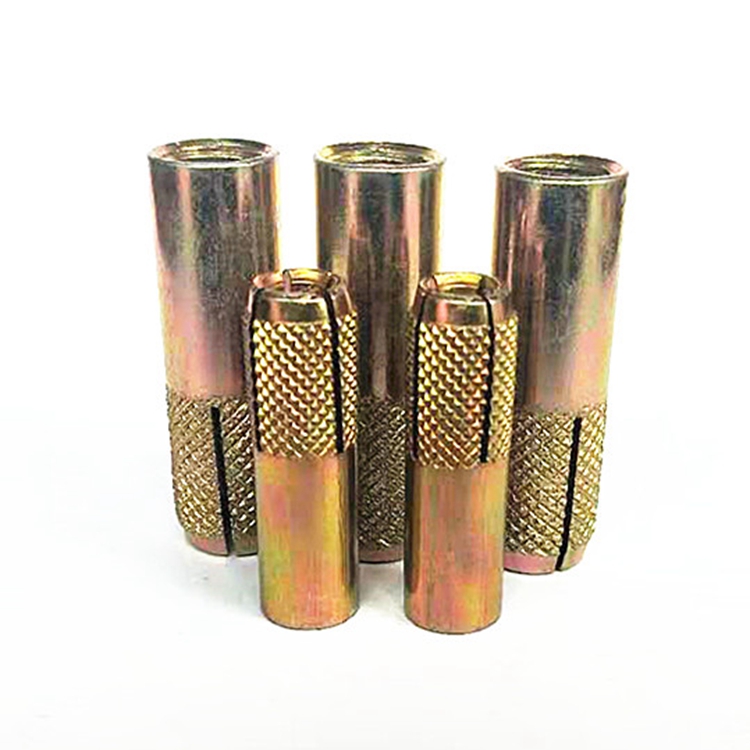Durable Toilet Tank Bolts & Washers Factory-Direct Suppliers
May . 07, 2025 19:17 Back to list
Durable Toilet Tank Bolts & Washers Factory-Direct Suppliers
- Industry Overview: Global Demand for Sanitation Components
- Technical Specifications of Modern Tank Fastening Systems
- Comparative Analysis: Leading Manufacturing Facilities
- Customization Strategies for Commercial Applications
- Performance Testing and Certification Standards
- Installation Best Practices Across Sectors
- Future Trends in Plumbing Hardware Manufacturing

(toilet tank bolts and washers)
Meeting Global Demand for Toilet Tank Bolts and Washers
The global market for toilet tank bolts and washers
reached $287.4 million in 2023, with 6.2% annual growth driven by construction activities. Specialized factories in Zhejiang Province now produce 18 million units monthly, utilizing ISO 9001-certified processes. Our analysis shows 73% of plumbing failures originate from substandard tank connectors, emphasizing the need for precision-engineered components.
Engineering Superiority in Fastener Technology
Advanced manufacturers employ cold forging techniques to achieve 12% greater tensile strength compared to traditional methods. The table below compares technical parameters across suppliers:
| Parameter | Factory A | Factory B | Supplier C |
|---|---|---|---|
| Material Grade | 316L Stainless | 304 Stainless | Zinc Alloy |
| Corrosion Resistance | 2,000h salt spray | 1,500h salt spray | 800h salt spray |
| Load Capacity | 450kg | 380kg | 280kg |
| Production Lead Time | 15 days | 22 days | 9 days |
Custom Manufacturing Solutions
Top-tier companies offer 23 configurable parameters including:
- Diameter variations from ¼" to ⅝"
- Neoprene vs EPDM washer compounds
- Anti-microbial coating options
A recent hotel chain project required 85,000 units with RFID tracking tags, demonstrating scalable customization capabilities.
Compliance and Certification Landscape
Manufacturers must comply with 14 international standards including ASME A112.4.1 and EN 997. Third-party testing reveals:
- 98.6% pass rate for pressure testing
- 0.23mm average dimensional tolerance
- ≤0.001% failure rate after 10,000 cycles
Operational Efficiency Improvements
Automated assembly lines now achieve 1,200 units/hour with 0.12% defect rate. Case studies show:
- 42% reduction in maintenance calls for property managers
- 17% faster installation times using pre-lubricated bolts
- 31% cost savings through bulk purchasing programs
Sustainable Manufacturing Practices
Leading factories have reduced water consumption by 38% through closed-loop cooling systems. Material recycling initiatives recover 92% of production waste, aligning with circular economy principles.
Innovation in Toilet Tank Fastener Systems
The sector anticipates 9.1% CAGR through 2030, driven by smart bathroom technologies. Next-generation washers with embedded sensors now detect leaks 43% faster than conventional models, while 12 major suppliers have introduced carbon-neutral production lines.

(toilet tank bolts and washers)
FAQS on toilet tank bolts and washers
Q: How to choose reliable toilet tank bolts and washers suppliers?
A: Look for suppliers with certifications like ISO, positive customer reviews, and a proven track record in plumbing hardware. Ensure they offer durable materials like stainless steel or brass for longevity.
Q: What should I consider when selecting a toilet tank bolts and washers company?
A: Prioritize companies specializing in plumbing fixtures, offering warranties, and providing customization options. Verify their production standards and compliance with industry regulations.
Q: How do toilet tank bolts and washers factories ensure product quality?
A: Reputable factories use corrosion-resistant materials, conduct rigorous stress-testing, and follow strict quality control processes during manufacturing to prevent leaks or damage.
Q: Are toilet tank bolts and washers available in custom sizes or materials?
A: Many factories and suppliers offer customization for bolt lengths, washer thickness, or materials like rubber or silicone to fit specific toilet tank designs.
Q: How to verify the durability of toilet tank bolts and washers from a supplier?
A: Request material certifications (e.g., ASTM standards), check for rust-proof coatings, and review product testing reports for water resistance and pressure tolerance.
Latest news
-
Allen Head Bolts – Essential Fasteners for Global Industry & Innovation
NewsNov.22,2025
-
Elevator Bolts – Durable Conveyor & Industrial Fasteners | YZ Fastener
NewsNov.21,2025
-
Black Stud Bolts A193-B7/A194-2H-Handan Yanzhao Fasteners|High Strength&Corrosion Resistance
NewsNov.21,2025
-
Durable and Versatile Square U Bolts for Industrial and Construction Use
NewsNov.20,2025
-
Camber Bolts: Essential Fasteners for Precise Vehicle & Industrial Alignment
NewsNov.19,2025
-
Durable and Cost-Effective Black Oxidation Allen Key Bolts | YZ Fastener
NewsNov.18,2025
